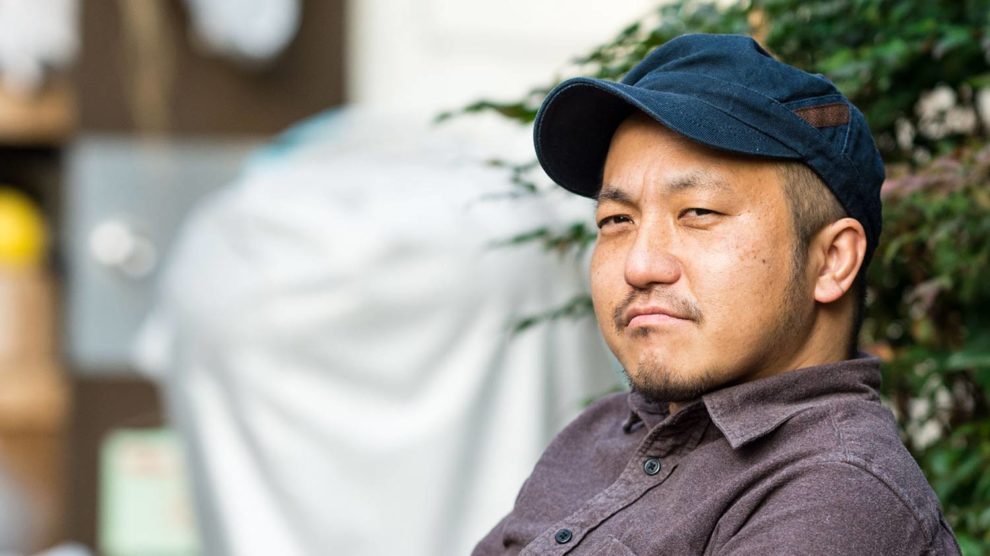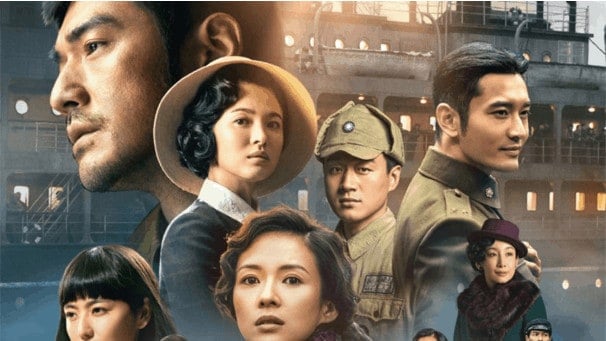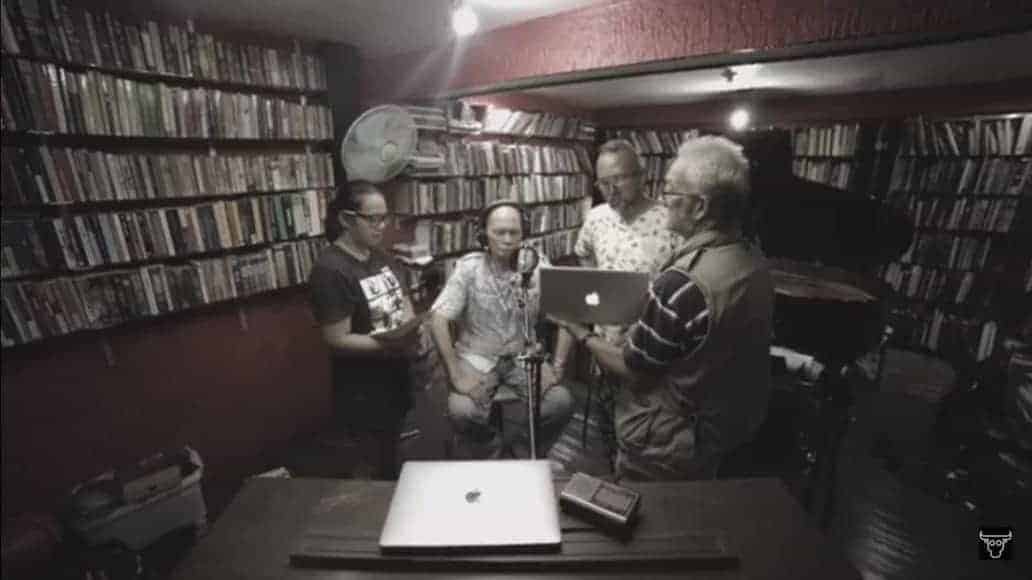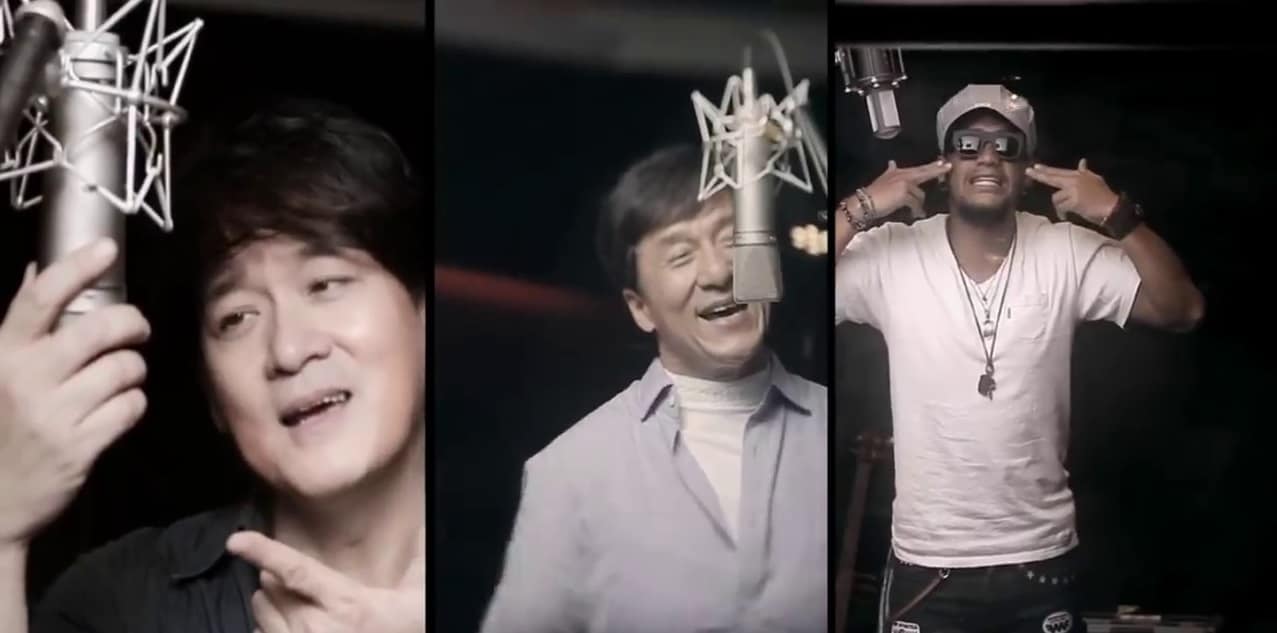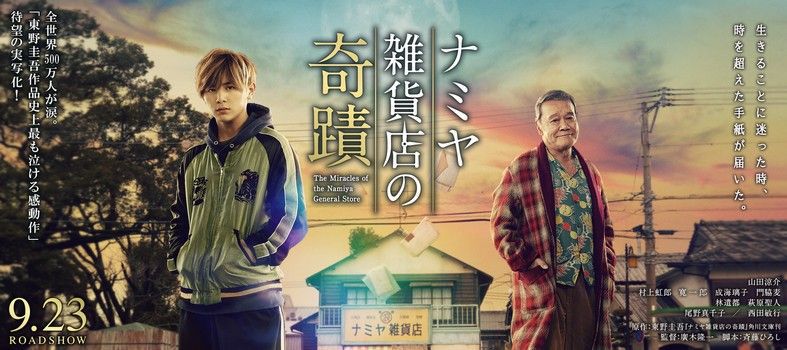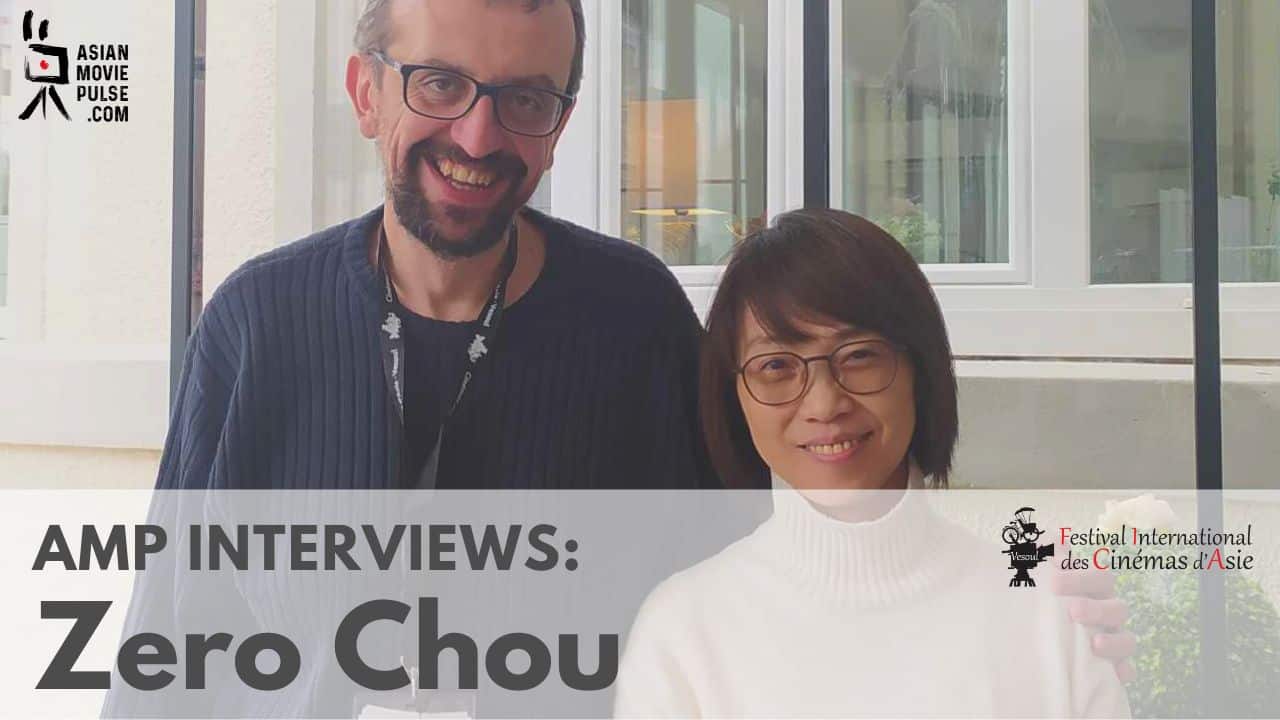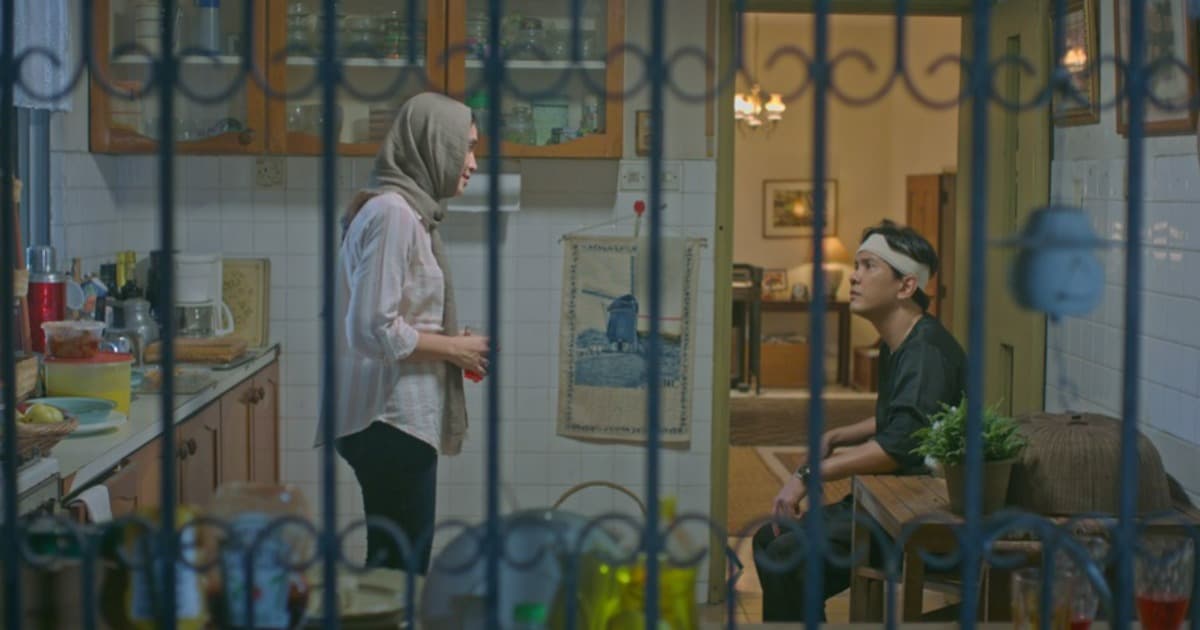translation by Lukasz Mankowski
Kazuya Shiraishi was born in Hokkaido, Asahikawa City in 1974. In 1995 he joined a film class held by director Genji Nakamura and later, he had the opportunity to study under Koji Wakamatsu and to work as a free assistant director for the late director. He gained attention for his first feature-length movie ”Lost Paradise in Tokyo” (2010) and since his debut he has been churning out movies at a prolific clip. His filmography includes “The Devil's Path” (2013), “Birds Without Names” (2017), “Dawn of the Felines” (2017), “Dare to Stop Us” (2018), “The Blood of Wolves” (2018) and “Sea of Revival” (2019).
On the occasion of his latest film “One Night” being screened at New York Asian Film Festival (NYAFF), we speak with him about his casting criteria, working with DoP Atsuhiro Nabeshima, the complexity of crime, and many other topics.
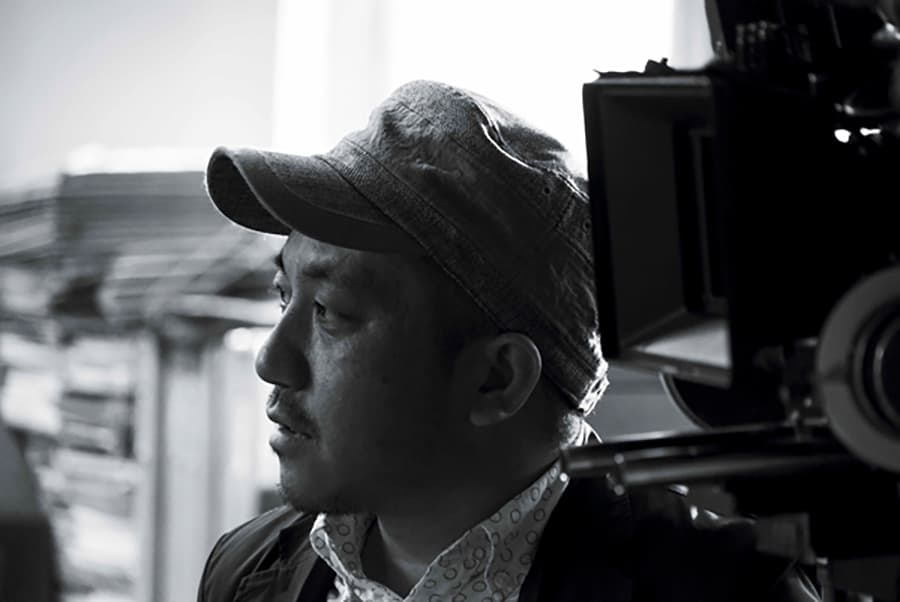
“One Night“‘s script is based on a 2011 play by Kuwabara Yuko. How did you come across it and how did you and your collaborator Takahashi Izumi approach the treatment of the script?
The producer of this piece, Hasegawa-san have seen the theatre play and really wanted to make a film based on it. He then nominated me as a director, to adapt it. After that, the producers, Izumi Takahashi and I delved into the treatment of Kuwahara's play and then discussed the matter of how we could make it work well in a different medium, such as a film.
The whole cast is really good and there seems to be a special attention to the supporting actors and small roles. Can you talk about your casting criteria and method?
Whenever I'm watching films or theatre plays, I'm constantly in the search of photographic composition. What I'm paying the most attention to, even during shooting the scenes, is whether the performer is able to merge well with what's inside the film. That concerns not just main roles, but even the smaller ones.
The lack of a recognizable, hateable culprit and of absolute right-or-wrong points of view makes the film so layered and complex. Can you talk about this moral complexity of “One Night”? Was it also in the original source material?
Every crime has its own different circumstances. Whether it is a crime I should hate or not, it is vital to verify each particular case individually. What I think this film reveals on a more complex level, is that when there is a murder of one's mother or father, each family confronts both the side of the damaged, as well as the damaging one. In “One Night”, I decided to film this complexity, which is fascinating for me. The matter of good and evil in human beings is a fundamental problem, there are no easy answers, but for this same reason, it is always a concern I'm strongly attracted by. The topic of moral outlook in “One Night” is basically the same as in the original play.
There is the melancholic and fatalistic feeling in One Night that parents' mistakes are repeated by kids (Daiki's struggle as husband, the new driver's troubled son). What is your view about it?
This is a very sad thing to say, but those children who were born in poverty, often fall back into poverty. This is what happens often in reality. I think that possibly, many of them wish for breaking free from that spiral of hopelessness, but from the stories I gathered, as a matter of fact, it seems they have to face many difficulties. This is truly sad. What I hope for is that through depicting the conditions of these people, I might give them some kind of hint.
The film highlights also the duty of women as carer-of-others. Is this still an inescapable role in Japanese society?
The gender disparity in Japanese society has not been closed yet. The tendency is that women are obliged to take care of the others more in the rural areas than in the big cities. Despite that, I think this situation is improving bit by bit.
Despite having Koharu, a woman and a mother, as a central point, One Night seems to me an elaboration about father figures or, better, the lack of them. Can you talk about this?
I think that Koharu exists precisely because of the existence and nonexistence of the father. The crime committed for the sake of protecting her children from the violence from the side of their father talks – in a way – about her ability to “love”. But, at the same time, she can't really hate her husband completely. That's why she cares so much about managing the company that used to be run by the father of the house. Koharu seems to be someone who represents two people: the absence of the father and the burden of his existence that she bears on her shoulders.
How was your collaboration with Atsuhiro Nabeshima for the cinematography of the film, and what is that you wanted to do in general with the visuals of the film?
Nabeshima-san is one of the most prominent, but also the busiest cinematographers in Japan. Most of the time we couldn't really find a good timing to work together, even though I really wanted to. But this time, it was an honour to work with him. It was a really great collaboration for me. What we aimed in the film, was to capture the darkness that exists in people. I really want to work with Nabeshima-san again.
What is your opinion of the Japanese movie industry at the moment?
While we're witnessing an extreme prosperity of Korean Film Industry; on the other hand the Japanese Film seems to be experiencing some kind of stagnation. I'm doing my best so that people in the world would watch Japanese films.
Are you working on anything new?
From October onward we will be shooting the continuation of “The Blood of Wolves”.


